I stood at the display counter of my outdoor retailer looking at the array of satellite communication devices: a SPOT Messenger; a DeLorme inReach that promised 100-percent global coverage to send and receive text messages (“stay safe and connected anywhere in the world”); a personal locator beacon (PLB) that could summon a full-cavalry rescue at the flip of a switch.
Pocket-sized peace of mind for the price of a good restaurant meal? How could I resist?
Technology is making the wilderness less wild
Years ago the thought of carrying such a thing barely crossed my mind. Satellite phones and PLBs were expensive and rare. Going on a wilderness trip meant, by definition, being completely out of touch, disconnecting from civilization to connect with something greater, with essential truths. To discover, as Thoreau expressed in Walden: “a hard bottom and rocks in place, which we can call reality.”
Things generally worked out. A broken leg on a canoe portage was splinted and rushed into town by a couple of fast paddlers; a case of suspected appendicitis ended in a helicopter evacuation after we found a remote outpost with a telephone. Calling home at trip’s end involved an inevitable rush of missed news, both good and bad.
But now that we can carry civilization in our pockets, as we gain the ability to make a phone call in the wild, do we lose the ability to hear the call of the wild itself?
What if rescue wasn’t on the way?
Back in the 1980s, academics and avid outdoorsmen Leo McAvoy and Daniel Dustin saw this trend and asked whether we should establish “no-rescue wilderness” zones, where if you ran into trouble, nobody would come to help you. As they argued in a 1984 Backpacker magazine article, echoing Thoreau, you would have the “freedom to be totally self-sufficient…. No-rescue wilderness would be full of the stuff of life itself—minus the illusions.”
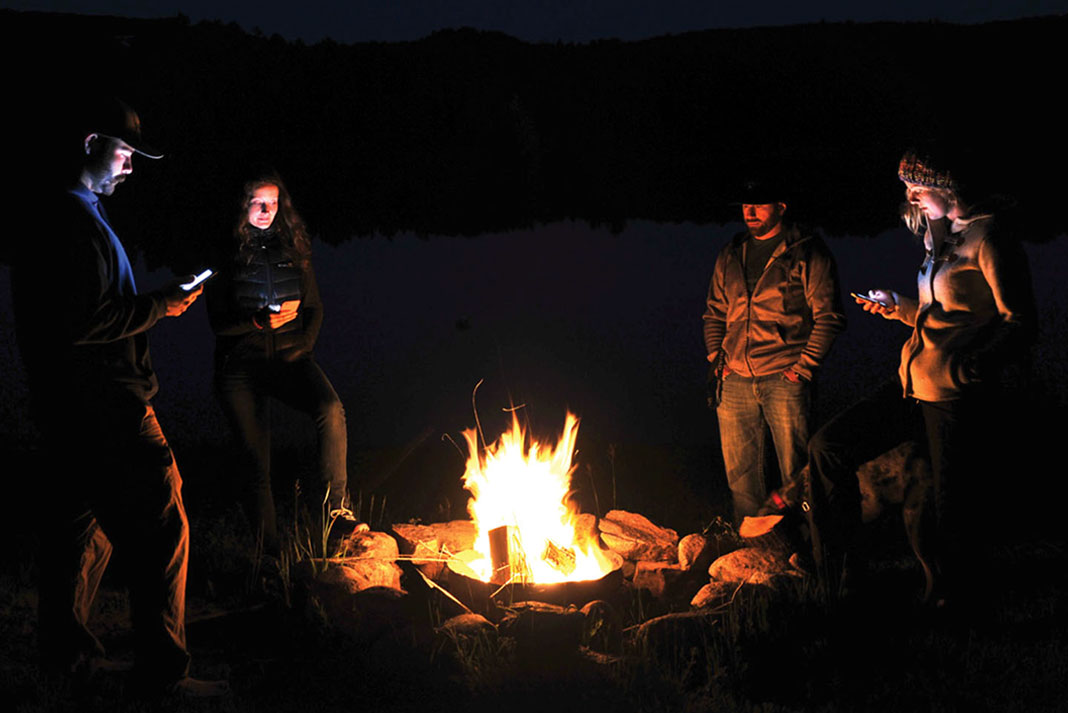
No-rescue wilderness never moved beyond a thought experiment, but it does highlight how frail the concept of wilderness truly is, where the very possibility of calling for help can be enough to alter the experience. The fact that we can still experience “wilderness” in an era of global climate change and ubiquitous satellite coverage—where there are no more untrammelled places or blank spots on the map—is because wilderness is not really a place at all, but a state of mind.
The deleterious effect of communications technology on this wilderness state of mind is well documented. As Alex Hutchinson writes in The Walrus magazine about finding Internet access while backpacking in Nepal, “I checked my email simply because I could, and found a nasty message from an editor about a project I had been working on for months—and then spent the next week composing biting replies in my head as I hiked through stunning mountain passes.”
I had a similar experience when I filed a series of newspaper stories from a kayak expedition. Every couple of weeks I had to camp on the edge of a town and spend a day or two in an Internet cafe gathering my expansive thoughts and feelings into a two-dimensional, 1000-word narrative. During these deadline days I’d be surrounded by the same beautiful ocean and forest, but the pressure of the work completely ruined the experience for however long it took to file the story and resume the journey.
Studying solitude—with some strings attached
As part of his psychology PhD on the effects of deep solitude, educator and researcher Robert Kull secluded himself on a remote island off the coast of Chile for a full year. For safety, he brought along a satellite phone, and since he had to bring solar panels and batteries to keep the phone charged, he also brought various other gadgets, including a laptop.
“At the beginning of each month I send a check-in email and wait for replies,” he writes in his book Solitude. “As my attention focuses on connecting with people who are somewhere else, I tend to feel tight and withdrawn from my immediate environment…not only do I become perceptually cut off from my surroundings, I also feel less spiritually and emotionally connected with the people I’m contacting. It’s as though I lose awareness of our underlying unity when I focus my attention on linking electronically.”
Technology’s promise of “staying connected” was causing him to feel more disconnected. When he wasn’t checking email, however, Kull found, “my mind settled and opened to perceive a mysterious Presence that I could experience but not define. I, and all else, belong to and am that Presence. In the silence of solitude I remembered that the world is and always has been Sacred.”
Like Kull, I have learned over time that I have to settle into the outdoor experience before I can arrive at anything like spiritual awareness—a process that can be quite lonely and uncomfortable. On my first solo trip, at age 17, I never broke through. I set up my tent on the first evening, scarfed a box of mac n’ cheese, then looked at my Casio and realized I could paddle back to the car before nightfall. I drove home and joined my sister watching The Arsenio Hall Show. It took me years before I could face that empty and alone feeling long enough to experience anything except the craving to leave.
The comedian Louis C.K. has a similar rationale for not buying his kids cell phones. “You need to build an ability to just be yourself and not be doing something,” he said in an interview with Conan O’Brien. If you always reach for the distraction of the phone, “You never feel completely sad or completely happy.”
The phone or satellite messenger is like a little shield against the existential angst that we need to face to be fully human. It’s a microcosm of civilization that we carry in our pockets that can all too easily break the wilderness spell.
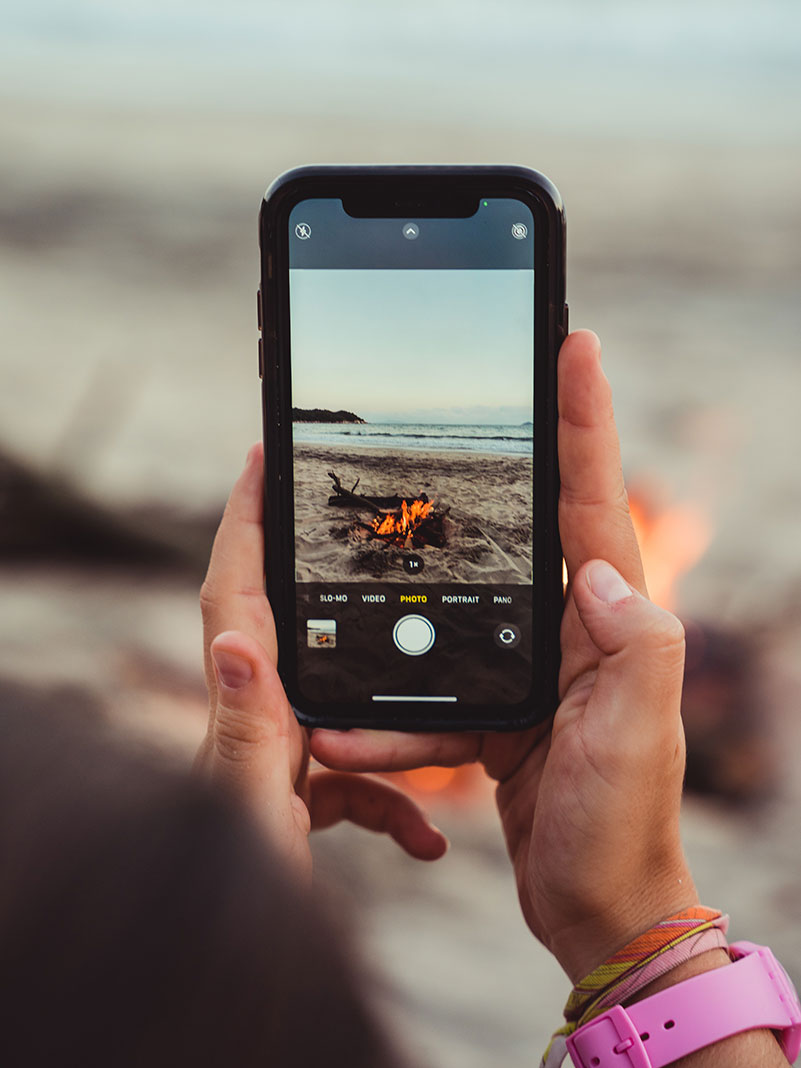
But it’s false to think that we need to go completely rescue-free or technology-free to have an authentic experience. That would be like saying to truly experience driving, you have to take off your seat belt. The key is to exercise etiquette and self-restraint, the outdoor equivalent of turning off the phone and being fully present when you’re out for dinner with a good friend.
What should you pack on your next wilderness trip?
Last summer, as I contemplated a longer wilderness trip with my young children, the ascending curve of parental responsibility intersected with the declining price curve of satellite technology. I was tempted by the two-way texting capabilities of the DeLorme inReach. Then I remembered Kull’s experience with email, and Hutchinson’s, who concluded, “In one sense, the problem was not the technology, but my own lack of self-control in using it.”
I didn’t want to feel obliged to keep anyone back home in the loop with ongoing text messages. I chose the PLB instead—the device of last resort.
On our trip the PLB stayed double-bagged in the bottom of a pack. The sacredness of the wilderness experience remained intact until the last night, when I turned on my iPhone to snap a family photo and was jolted by the pinging sound of an incoming text message. Our final campsite was within range of a cell tower. Suddenly the wilderness felt a lot less wild.
Waterlines columnist Tim Shuff is a firefighter, freelance writer and former editor of Adventure Kayak who now keeps his phone in airplane mode when camping.
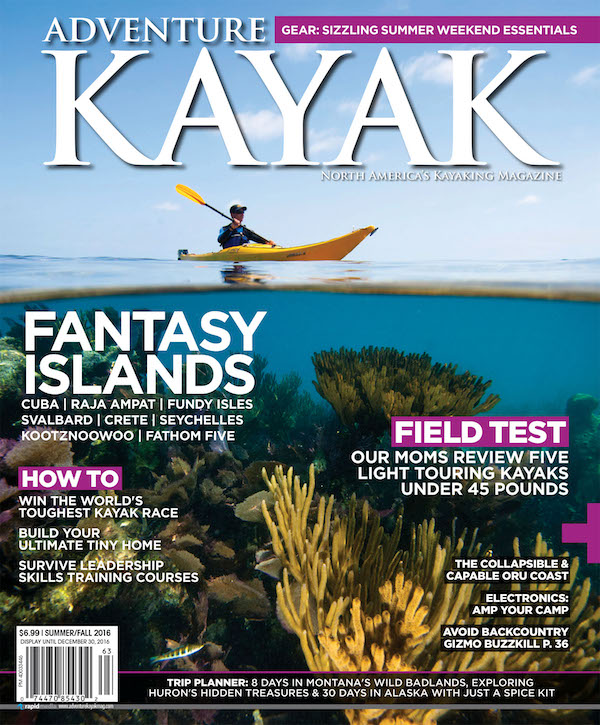 This article originally appeared in the Summer/Fall 2016 issue of Adventure Kayak Magazine. Subscribe to Paddling Magazine and get 25 years of digital magazine archives including our legacy titles: Rapid, Adventure Kayak and Canoeroots.
This article originally appeared in the Summer/Fall 2016 issue of Adventure Kayak Magazine. Subscribe to Paddling Magazine and get 25 years of digital magazine archives including our legacy titles: Rapid, Adventure Kayak and Canoeroots.
Calls of the wild. | Feature photo: Virginia Marshall



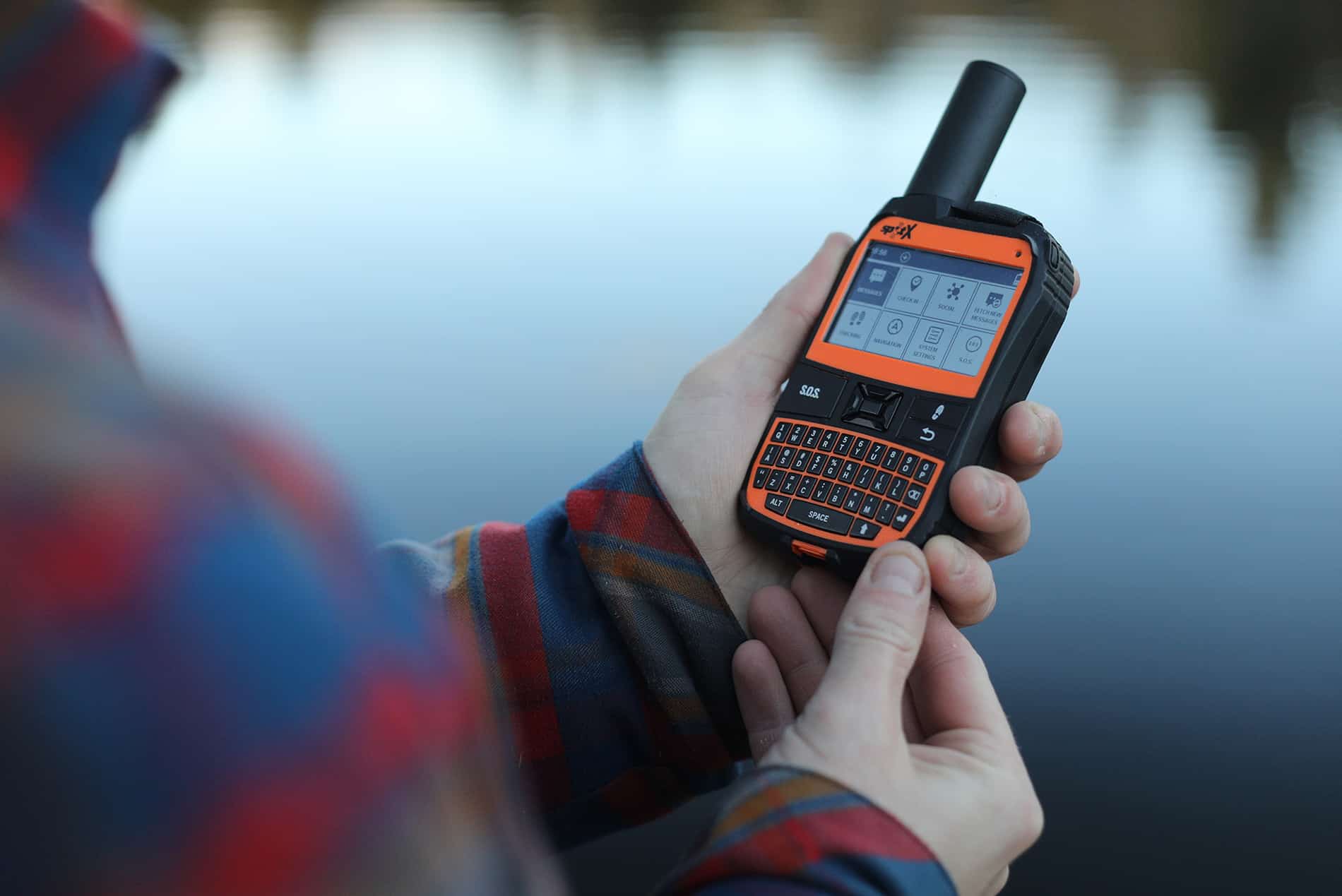
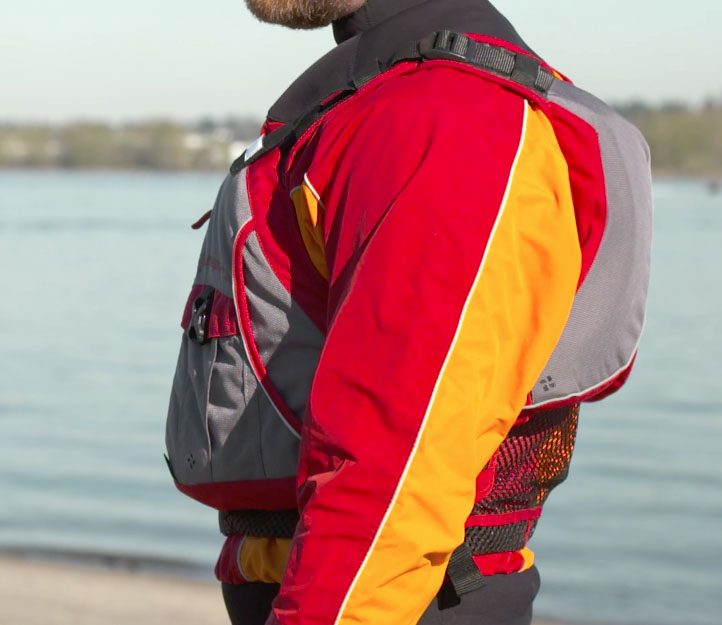
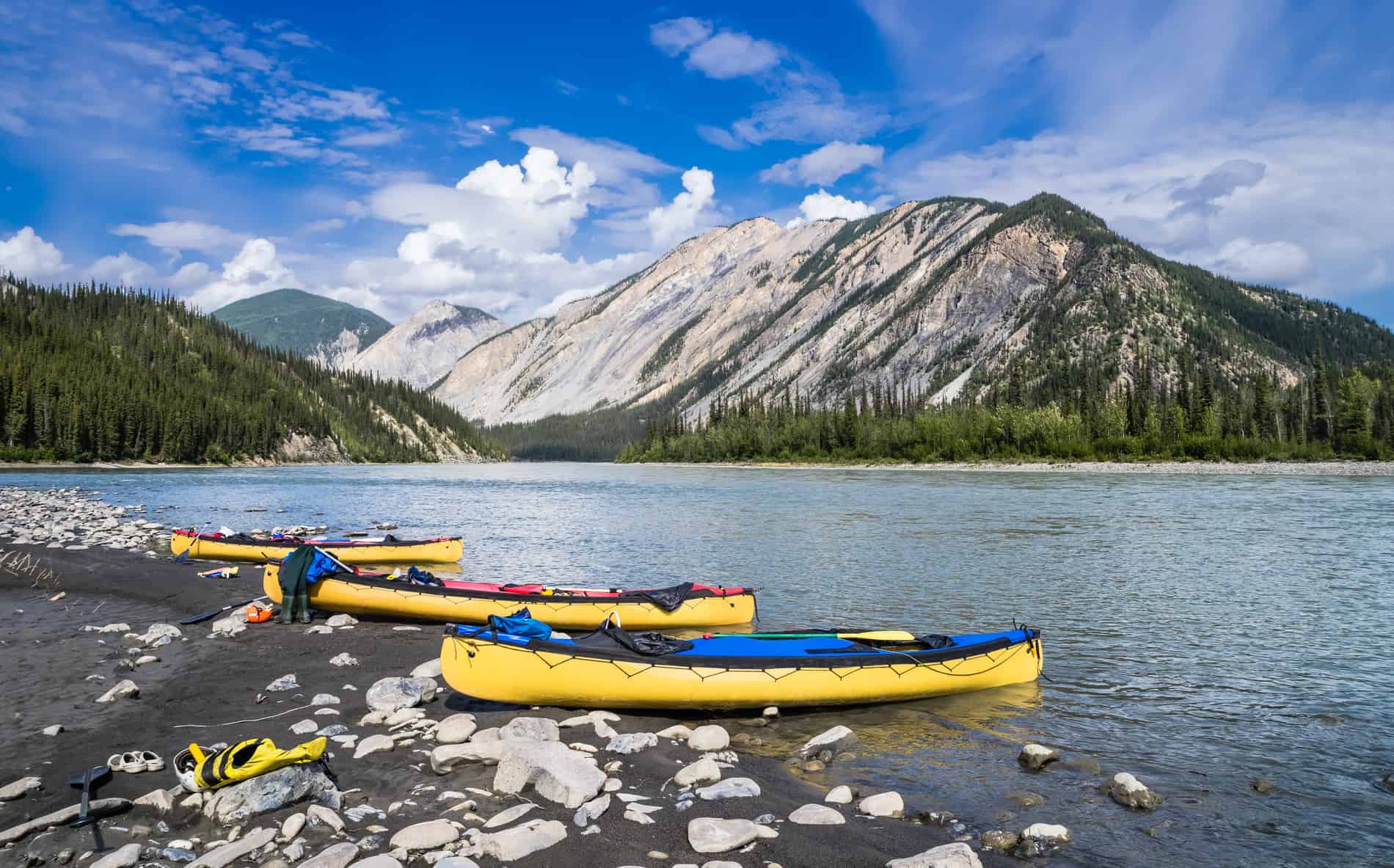
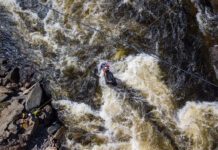
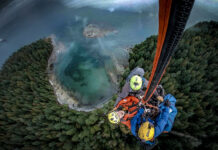
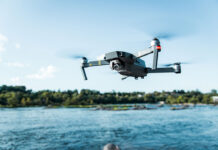
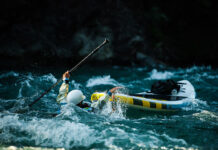
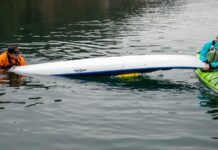

Good food for thought and worthy of contemplation. I remember clearly the first time I called home and spoke to my young daughters during an extended solo trip in the wilderness. It was surreal, and completely removed me from the moment and the deeply immersive solitude that is the gift wilderness bestows on us. I think PLB – type devices for rescue are fine, if left untouched unless needed. Especially in solo travel. But they are never a substitute for meticulous preparation and self-sufficiency.